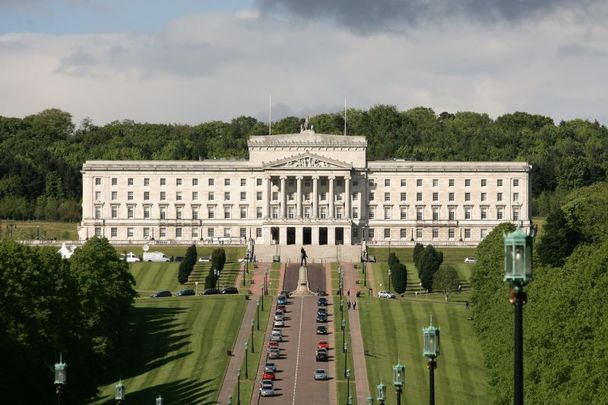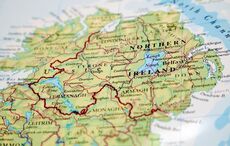The Northern Ireland Assembly again failed to elect a new Speaker today, January 17 as Northern Ireland faces a legal deadline to restore the Executive as well as planned strikes.
The Stormont session was held on Wednesday afternoon after a recall petition initiated by Sinn Féin received the necessary support to proceed.
Speaker Alex Maskey said in a letter to all Members on Monday that the purpose of Wednesday's Assembly sitting was to elect a Speaker and Deputy Speakers, to appoint a First Minister and Deputy First Minister, and to debate a motion regarding fair pay settlements for public sector workers.
Maskey said in his letter that if "the Assembly is unable to elect a Speaker and Deputy Speakers, it cannot proceed to debate the motion."
Nominations to elect Mike Nesbitt of the Ulster Unionist Party (UUP) or Patsy McGlone of the Social Democratic and Labour Party (SDLP) to the role of Speaker failed to get the support of the Democratic Unionist Party (DUP), forcing Wednesday's session to be suspended.
It is the seventh time the DUP, who brought down power-sharing in February 2022, exercised its veto to block the election of a new Speaker, preventing any other business from taking place.
Northern Ireland's Secretary of State Chris Heaton-Harris said afterward that it was "disappointing" that the Assembly was unable to elect a Speaker and restore the Executive.
“The return of a locally elected, accountable, and effective devolved government is the best way to govern Northern Ireland," Heaton-Harris said. “However, in the absence of an Executive, the Government will proceed with a pragmatic and reasonable approach to support Northern Ireland.”
Wednesday's session was suspended as Northern Ireland faces a legal deadline to restore the Executive by January 18 or face another election. It also took place the day before some 170,000 workers in Northern Ireland plan to strike.
Speaking in British Parliament on Wednesday, Heaton-Harris said he plans to "bring in legislation" next week on calling for another Northern Ireland Assembly election.
When asked if he will release the money for pay packages that workers are calling for, Heaton-Harris said: "Public sector pay is devolved to Northern Ireland."
He also said: "Direct rule is absolutely not the way forward; these decisions are for the Executive, and a restored Executive have a generous financial package available to them."
Around 170,000 public sector workers are set to take to the streets on Thursday in what will be the biggest industrial action that Northern Ireland has seen in many years.
Nurses, teachers, health and education staff, bus and rail workers, and civil servants will all take part in Thursday's strike, which calls for cost-of-living increases and for pay to be brought in line with other parts of the UK.
Schools are set to close, public transport is expected to be canceled, and health services are expected to be severely impacted as public sector workers strike over a sharp reduction in "real terms pay," referring to a worker's wages adjusted for inflation.
The public is being urged to "keep themselves safe" on Thursday with snow and ice forecast and widespread disruption to public services anticipated as a result of strike action.
In Belfast, six separate marches will converge on City Hall for a rally at noon on Thursday, while dozens of individual pickets will take place across the region.




Comments